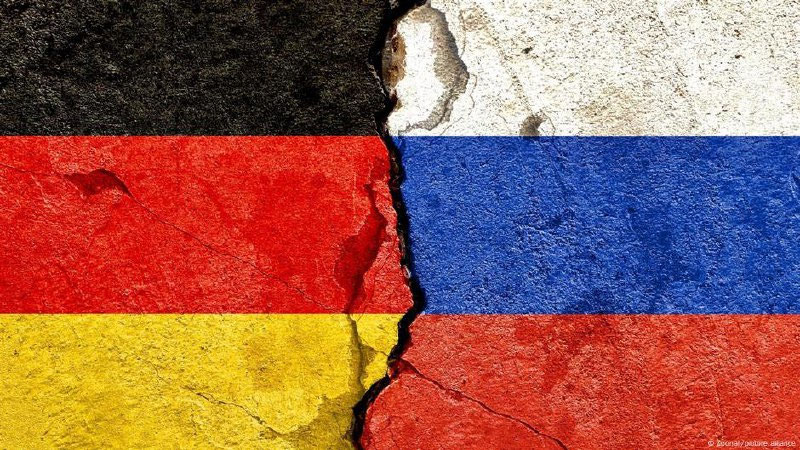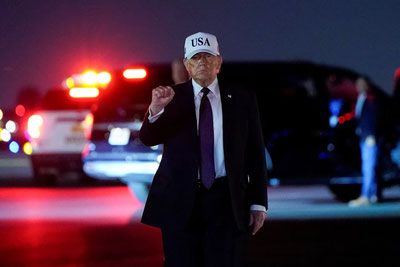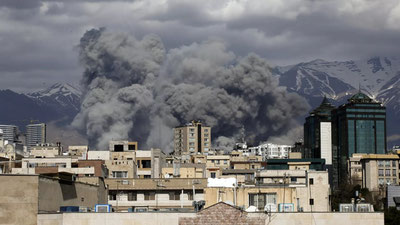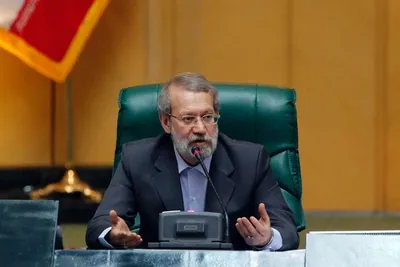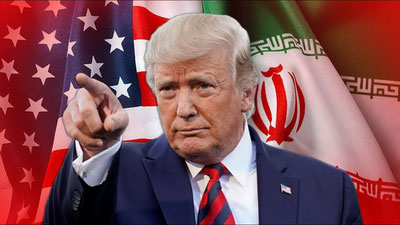In the last decade, attitudes towards Germany in Russia have drastically changed. According to a survey conducted by the Levada Center, 55 percent of Russians now consider Germany to be their country's greatest enemy.
This figure was only 3 percent 10 years ago and had reached around 20 percent following the annexation of Crimea. In the previous two decades, it was the United States that was mentioned as the “main enemy”.
German historian Matthias Uhl explains these changes with two main reasons. In an interview with DW, he first mentioned the hopes of reaching an agreement through the return to power of Donald Trump in the USA as increasing. The second important factor he points out is the firm support shown by the German government for Ukraine.
According to the historian, at a time when authoritarian governance is increasingly strengthening in Russia, even independent surveys may not reveal the true facts due to people's internal fears.
“However, if we analyze the survey results in depth, we can see the limitless role of mass propaganda in the formation of this enemy image. The majority of Russians receive their primary information through television,” says the historian.
According to Matthias Uhl, Russian propagandists can easily resort to old stereotypes against Germany. Because this country was the main enemy of the USSR during World War II.
“This is a convenient template for propaganda use. Just pushing that old button is enough. This is not something that would be done for France or Great Britain,” he explains.
Nevertheless, the historian believes that the negative image of Germany will not last long. “If a peace agreement is signed in the future, this artificial enemy image will change immediately. I am almost certain of this,” Uhl concludes.
